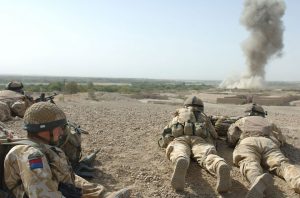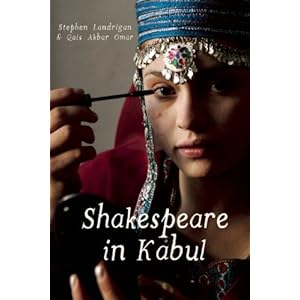Afghanistan: No Interpreters and the Dangers of Ignorance
 As the Americans prepare to leave Afghanistan and here in Britain we hold a Defence Review, have we learned the lessons of our own failures there?
As the Americans prepare to leave Afghanistan and here in Britain we hold a Defence Review, have we learned the lessons of our own failures there?
Lockdown has given me plenty of time to reflect and I’ve been thinking recently a great deal about Afghanistan – perhaps prompted by the fact that the Americans may be about to withdraw completely from that country after 20 years of largely unsuccessful occupation since the invasion.
I was in the country for a brief and intense time in 2007 when I was filming for Channel 4 Dispatches and CNN. We saw a country that had been brutalised for decades by the Russian occupation, the ensuing civil war and then the American carpet bombing to ensure that their troops met no resistance. And a country which was becoming restive as the Allies seemed increasingly unable to help them rebuild, or for that matter interested in doing so once they had been distracted by Iraq. …
Afghanistan: No Interpreters and the Dangers of IgnoranceRead More »

 A
A  .
.